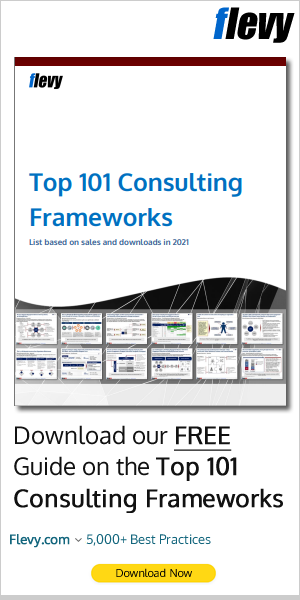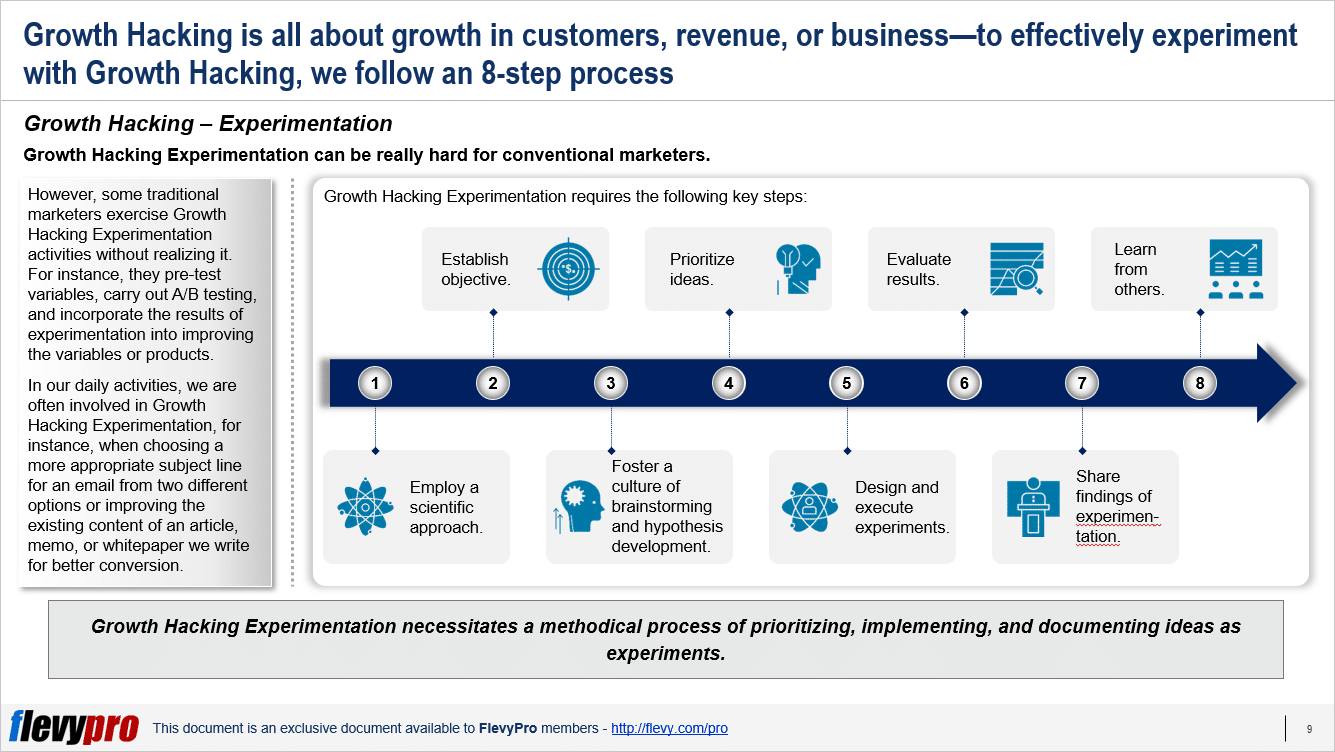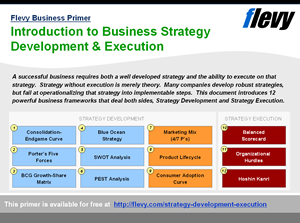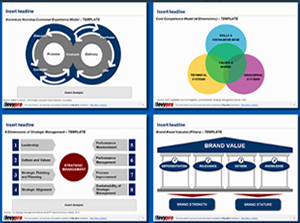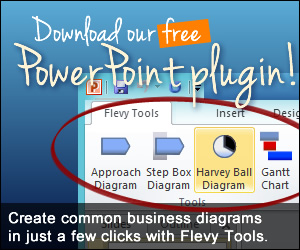Editor's Note: Take a look at our featured best practice, Growth Strategy (41-slide PowerPoint presentation). The reality is: all businesses face the challenge of achieving sustainable Growth. They need viable Growth Strategies. So, what is Growth Strategy? It is the organization's high-level Corporate Strategy Plan that outlines everything the organization needs to do to achieve its goals for [read more]
Growth Hacking Experimentation
Also, if you are interested in becoming an expert on Strategy Development, take a look at Flevy's Strategy Development Frameworks offering here. This is a curated collection of best practice frameworks based on the thought leadership of leading consulting firms, academics, and recognized subject matter experts. By learning and applying these concepts, you can you stay ahead of the curve. Full details here.
* * * *
Growth Hacking is a buzzword these days. Conventional marketers often find Growth Hacking Experimentation extremely challenging.
However, traditional marketers exercise Growth Hacking Experimentation in their routine activities without realizing it. For instance, they pre-test variables, carry out A/B testing, and incorporate the results of experimentation into improving the variables or products. This can be in the form of improving the existing content of an article, memo, or whitepaper we write for better conversion.
Some marketers have made the best use of Growth Hacking by understanding the concept and appreciating how it works. The know-how of the following key pillars involved in Growth Hacking allows organizations to achieve significant results:
- Analyze existing marketing projects: This entails taking into account an organization’s key lead generation sources, marketing channels, traffic patterns, and page viewers.
- Establish objectives: Set goals to enhance the progress of your existing marketing initiatives and the ways to achieve those goals.
- Plan pilot tests to validate hypotheses: Develop a number of methods to test your assumptions and achieve your objectives.
- Conduct pilot tests: Test your hypotheses until the results bear any statistical significance.
- Document and share outcomes: Record the methods that improved your existing marketing tactics and share those with your team.
Growth Hacking is all about growth in customers, revenue, or business. It necessitates a methodical process of prioritizing, implementing, and documenting ideas as experiments.
Growth Hacking Experimentation encompasses the following 8 key steps:
- Employ a scientific approach.
- Establish objective.
- Foster a culture of brainstorming and hypothesis development.
- Prioritize ideas.
- Design and execute experiments.
- Evaluate results.
- Share findings of experimentation.
- Learn from others.
Let’s delve deeper into the first four steps of the framework for now.
Step 1. Employ a scientific approach.
The first step of Growth Hacking Experimentation underscores the importance of a planned process free of any hit-or-miss element. The process should have well-defined steps from brainstorming ideas to creating hypotheses, executing hypotheses, and prioritizing ideas.
The experimentation process should not be a one-off instance. Instead, it should be thoroughly documented, repeatable on other experiments, and scalable to other products, departments, and geographies.
Step 2. Establish objectives.
This step pertains to establishing actionable and measurable Growth Hacking Experimentation objectives and indicators to monitor the progress of this initiative. All experiments should yield actionable and traceable results. The Growth Hacking experimentation should be incremental, building bit by bit.
For instance, if revenue growth is the objective of a Growth Hacking experiment, then the acquisition of further, better leads will help realize this objective. This, in turn, requires increasing the conversion rate of the campaign generating fewest leads. At the campaign level, the aim should be to enhance conversions on a single landing page by 5%.
Step 3. Foster a culture of brainstorming and hypothesis development.
Fostering a culture of experimentation within your team entails consistently encouraging and motivating Brainstorming sessions. This assists in developing workable hypotheses. Establishing a structured method for tracking and documenting Brainstorming sessions is imperative for a successful Growth Hacking Experimentation process.
Marketers should select a suitable internal documentation tool—e.g., Excel, Google Doc, or Trello—to record all ideas suggested by the team. They should then mandate their team to transform brainstormed ideas into concrete hypotheses grounded in research and maintain a record of prioritized ideas, evaluation criteria, and the rationale behind decisions to serve as a reference point for future experiments.
Step 4. Prioritize ideas.
The next step of Growth Hacking Experimentation process requires assessing and ranking the growth ideas generated during the brainstorming session. The prioritization of ideas demands establishing well-defined criteria for evaluating each idea. Each idea should be assigned a score and rank based on the established criteria to objectively compare them.
Interested in learning more about the next steps of Growth Hacking Experimentation? You can download an editable PowerPoint presentation on Growth Hacking Experimentation here on the Flevy documents marketplace.
Do You Find Value in This Framework?
You can download in-depth presentations on this and hundreds of similar business frameworks from the FlevyPro Library. FlevyPro is trusted and utilized by 1000s of management consultants and corporate executives.
For even more best practices available on Flevy, have a look at our top 100 lists:

Want to Achieve Excellence in Strategy Development?
Gain the knowledge and develop the expertise to become an expert in Strategy Development. Our frameworks are based on the thought leadership of leading consulting firms, academics, and recognized subject matter experts. Click here for full details.
"Strategy without Tactics is the slowest route to victory. Tactics without Strategy is the noise before defeat." - Sun Tzu
For effective Strategy Development and Strategic Planning, we must master both Strategy and Tactics. Our frameworks cover all phases of Strategy, from Strategy Design and Formulation to Strategy Deployment and Execution; as well as all levels of Strategy, from Corporate Strategy to Business Strategy to "Tactical" Strategy. Many of these methodologies are authored by global strategy consulting firms and have been successfully implemented at their Fortune 100 client organizations.
These frameworks include Porter's Five Forces, BCG Growth-Share Matrix, Greiner's Growth Model, Capabilities-driven Strategy (CDS), Business Model Innovation (BMI), Value Chain Analysis (VCA), Endgame Niche Strategies, Value Patterns, Integrated Strategy Model for Value Creation, Scenario Planning, to name a few.
Learn about our Strategy Development Best Practice Frameworks here.
Readers of This Article Are Interested in These Resources

|
|
104-slide PowerPoint presentation
|
|
98-slide PowerPoint presentation
| |||
About Mark Bridges
Mark Bridges is a Senior Director of Strategy at Flevy. Flevy is your go-to resource for best practices in business management, covering management topics from Strategic Planning to Operational Excellence to Digital Transformation (view full list here). Learn how the Fortune 100 and global consulting firms do it. Improve the growth and efficiency of your organization by leveraging Flevy's library of best practice methodologies and templates. Prior to Flevy, Mark worked as an Associate at McKinsey & Co. and holds an MBA from the Booth School of Business at the University of Chicago. You can connect with Mark on LinkedIn here.
Top 10 Recommended Documents on Growth Strategy
» View more resources Growth Strategy here.
» View the Top 100 Best Practices on Flevy.
